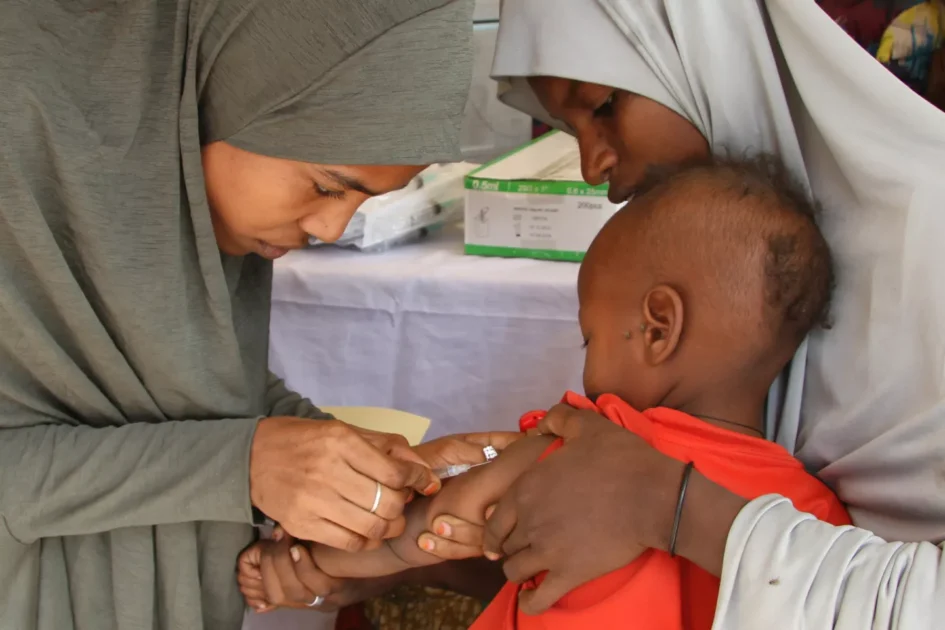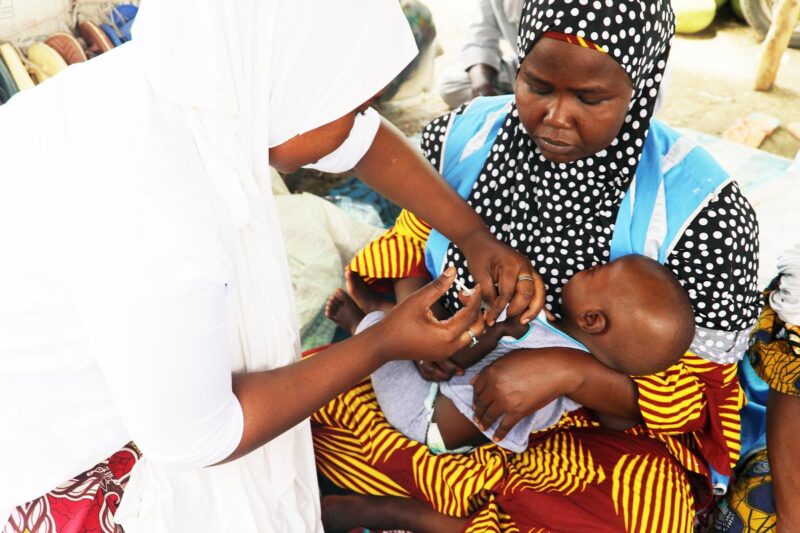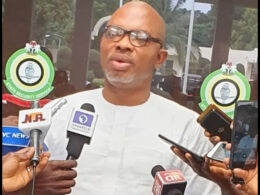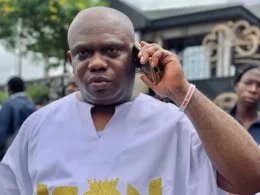UNICEF has launched a campaign to vaccinate around 6.8 million children against polio and measles across northern Nigeria.
The drive is part of a comprehensive effort to curb disease outbreaks in a region plagued by low vaccination coverage due to complex socio-economic and security challenges.
Northern Nigeria faces persistent difficulties in achieving widespread immunization, a reality that has resulted in regular outbreaks of diseases like polio and measles. Various factors, including insecurity, vaccine misinformation, and logistical issues, have contributed to low immunization rates, particularly in areas with high population density and substantial numbers of internally displaced persons (IDPs) escaping conflict.
In an address marking the start of the campaign, UNICEF officials underscored the urgency of the initiative, with one senior spokesperson stating, “The health and future of millions of Nigerian children depend on the success of this campaign.”
The vaccination campaign focuses on several critical goals:
- Increase Immunization Rates: By vaccinating 6.8 million children, the campaign aims to significantly boost immunization levels in northern Nigeria and curb disease transmission.
- Prevent Future Outbreaks: Raising vaccination coverage is expected to prevent future outbreaks, which can devastate public health, particularly among young children.
- Raise Awareness: The campaign will also focus on community education to dispel vaccine myths and encourage parental understanding of immunization’s importance.
UNICEF, working alongside the Nigerian government and global partners such as the World Health Organization (WHO) and Gavi, the Vaccine Alliance, has developed a strategic approach to implement the campaign effectively. Key components of this strategy include:
- Community Mobilization: UNICEF is working with local leaders, healthcare workers, and civil society groups to promote awareness, ensuring parents know the campaign’s importance and encouraging them to vaccinate their children.
- House-to-House Vaccination: Health workers will carry out house-to-house vaccinations, particularly in hard-to-reach areas, to guarantee every child under five receives immunization.
- Leveraging Technology: Mobile technology will be used to monitor vaccination progress, ensuring all targeted children are covered.
While well-prepared, the vaccination campaign faces several hurdles. Persistent security concerns in conflict-affected areas could limit healthcare workers’ access to some communities. Additionally, misinformation about vaccine safety remains a significant barrier; without adequate community outreach, some parents may refuse vaccination out of misplaced fears. Logistical challenges, such as maintaining the cold chain for vaccine storage, add to the difficulties, especially in remote areas with limited infrastructure.

Nigeria has made notable progress in the battle against polio, achieving wild poliovirus-free status in 2020 after years of dedicated efforts from health authorities and international partners. Despite this milestone, recent vaccine-derived poliovirus cases have highlighted the need for continued immunization vigilance. Similarly, measles outbreaks in recent years underscore the importance of maintaining high vaccination rates to prevent preventable deaths and illnesses.
Educational efforts are also underway to inform parents about the purpose and effectiveness of vaccinations, address common misconceptions, and emphasize how vaccines protect children from preventable diseases. As one UNICEF representative noted, “Our efforts go beyond vaccinations—we are striving to create a culture of preventive healthcare across northern Nigeria.”










Join our Channel...